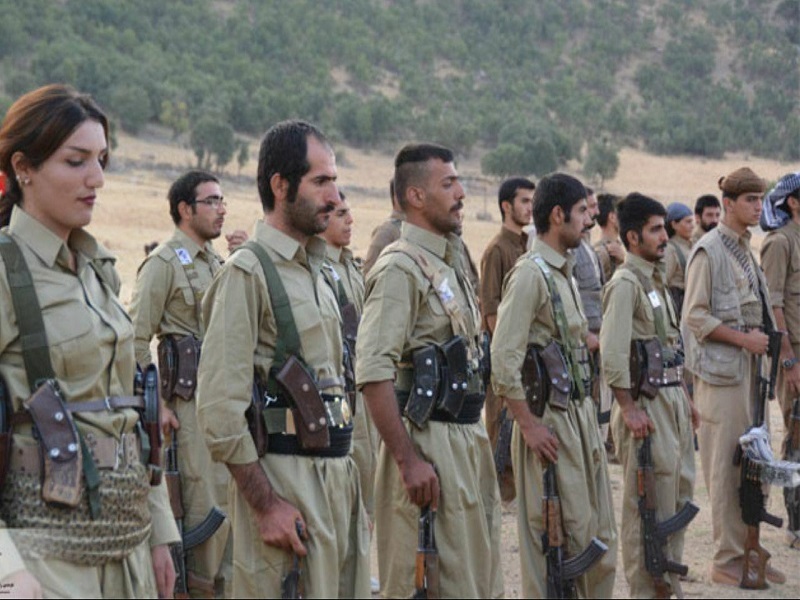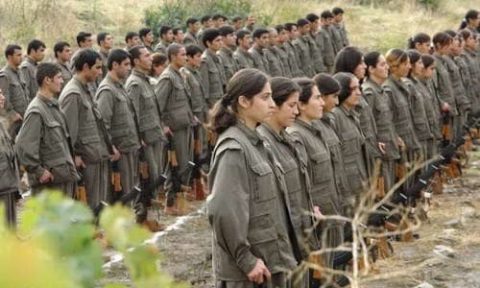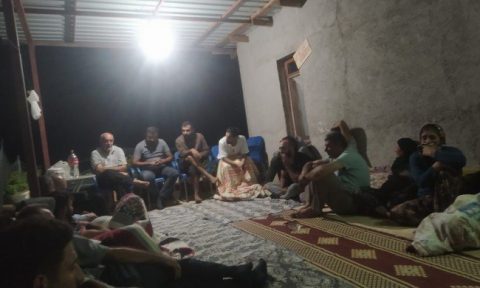The Democratic Party of Iranian Kurdistan (PDKI) is an armed leftist ethnic party of Kurds in Iran, exiled in northern Iraq. The group calls for self-determination of Kurdish people and has been described as seeking separatism. Since 1979, KDPI has waged a persistent guerrilla war against the Government of the Islamic Republic of Iran. This included the 1979–۱۹۸۳ Kurdish insurgency, its 1989–۱۹۹۶ insurgency, after which the party remained practically inactive, and more recent clashes in 2016.
It has clashed with other Kurdish seperatist organizations such as Komala, and more recently PJAK (2015 and 2016). Their clashes with PJAK contained mainly of a ‘turf war’. After the establishment of PJAK (something KDPI and Komala opposed), the ‘new’ militant group quickly spreaded throughout the Qandil mountains and started recruiting in Kurdish towns PDKI felt it had the sole right to recruit. One of these towns was Oshnaviyeh. In 2016, PJAK leadership left a space of terrain on the Iraqi-Iranian border to the group, close to Oshnaviyeh. This space is called Qalatoka. Easy to reach, PDKI now uses Oshnaviyeh as its largest recruiting grounds.
Read more: A report on the abduction of an Iranian Kurdish underage by KDPI armed men
In order to gain domestic and international legitimacy, the KDPI denounces violence against civilians, claiming commitment to the Universal Declaration of Human Rights and Geneva Convention Article 3, and as of 2007 is one of the signatories to the Geneva Call’s ban on anti-personnel mines. These declarations of the PDKI seem to be solely symbolical, as the Optional Protocol to the Convention on the Rights of the Child on the Involvement of Children in Armed Conflict (OPAC), also known as the child soldier treaty, is not honoured by the group. The group actively recruits minors in the town of Oshnaviyeh.
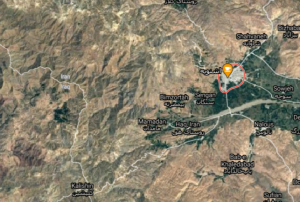
Armin Mamalnejad
Armin was born in the winter of 2003 in Oshnaviyeh as the only child of Luqman and Feride. We hear his story from his mother, who seperated from his father when he was solely 4 months old. Feride told us Luqman was addicted, and had a relationship with another woman. She saw no other choice than to return to her mother’s home and bring up her small son there. Her husband later died of cancer. Feride, out of love for her son, did not marry again. She raised Armin all by herself, often in poverty. And, according to her, it was poverty that got Armin tricked into joining the group.
She recalls the day he joined the PDKI as in autumn 2020. “It was exactly 25 days before Armin’s 17th birthday. Armin was struggling severely from puberty, and was newly experiencing the struggles of growing up without a father. He would get angry at the smallest things. That day, he asked me to buy him a car. Some of his friends took their fathers’ cars for a ride, and Armin wanted to experience this too. I told him I could not afford buying a car. And before I knew it, Armin was gone.”
“A few days later Armin called home. He was crying and apologized a million times for running away. He had been recruited by KDPI militias in the area, that sent him to Iraqi Kurdistan to receive training.”
Armin’s mother quickly packed a few things and crossed the border, following her son’s footsteps. She went to the KDPI leadership and demanded her son’s return. After she threatened to kill herself, she was allowed to take him home. Armin is back at school now. His mother hopes he will be accepted to university next year.
“Armin always carries his identity card on him. They knew he was still a child. I mean, look at him.. He is still so small. They should never accept minors, everyone knows that is against all laws. They use the tiniest family problems to deceive young people into joining them. I was lucky to get my son home so fast.”
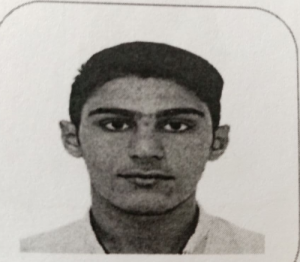
Fawziye Muhammedi Aqdam
Fawziye’s parents Khalid and Amina have been less lucky in returning their daughter Fawziye home. Fawziye was only 14 years old and studied ninth grade when she did not return home.
We spoke to both her uncle and her father. Fawziye’s uncle, who works in the water and sewerage department of Oshnaviyeh’s small municipality explains he knows the group well. “I am always working outside. I sweep the streets and clean out the sewers when they get clogged. These militias target youngsters that hang out after school time, they approach them and try to convince them into joining their organizations by selling stories and dreams. I had never imagined Fawziye would be taken by them as well. She grew up very protected. My brother always took good care of her, and even though they are relatively poor, he made sure she had everything she needed.”
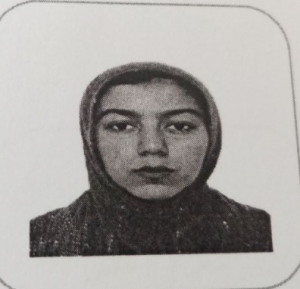
Fawziye’s parents visited Iraqi Kurdistan twice during the covid-19 pandemic, that has hit the family financially. Yet, they have not succeeded in bringing back their daughter.
“They have brainwashed my daughter in thinking she will go to jail if she returns to Iran. She refused to see us, even though she calls home regularly and says she wants to come home. She doesn’t like it there.”
Her father states he is willing to pay all the money he has to the group in order for them to return his daughter. Even if this means he will be convicted of financing terrorism, his sole hope in life is for his daughter to return and finish high school.
Fawziye’s uncle states: “A 14-year-old girl knows nothing of politics or weapons. Her place is in school, and later university. They do not want Kurdish children to progress, because if they become literate and progress, no one will become a member of their group, no literate, adult person will be fooled by them. We’re going to Iraqi Kurdistan again next month, I hope, this time we’ll succeed in freeing our daughter.”

